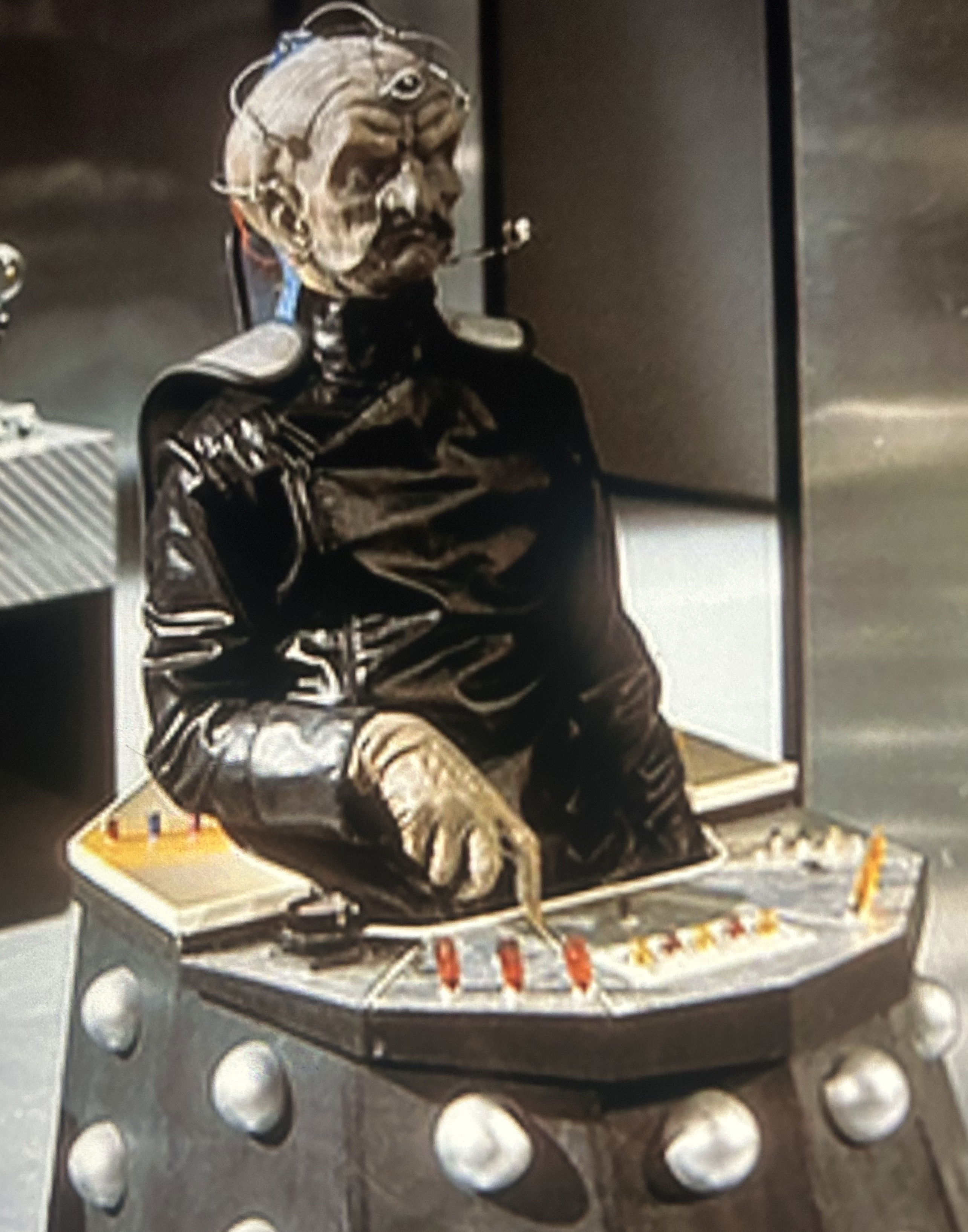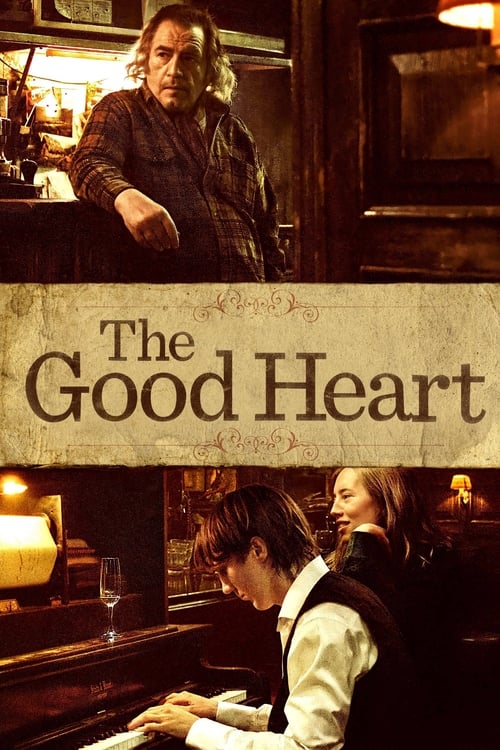
2024
Sing Sing
Drama
8.0
User Score
333 Votes
Status
Released
Language
en
Budget
$2.000.000
Production
Black Bear Pictures, Edith Productions, Marfa Peach Company
Overview
Divine G, imprisoned at Sing Sing for a crime he didn't commit, finds purpose by acting in a theatre group alongside other incarcerated men in this story of resilience, humanity, and the transformative power of art.
Review

Geronimo1967
7.0
"G" (Colman Domingo) spends much of his time in prison leading their amateur dramatics society. This quite disparate group of felons are quite adept at turning their hand to everything from Shakespeare to things he's written himself, and with his clemency hearing looming and him having new evidence that he didn't commit the crime he's in for, he is generally an upbeat and optimistic man. They are one person short on their team, and so decide to approach new arrival Clarence Maclin to see if he will join their group. He does, but he takes a different approach to the whole operation and that looks like it is going to set the two men on a collision course. Their next performance is to be a comedy - but as the story unfolds we find that there isn't so much funny about the various scenarios of the incarcerated characters. There's very little emphasis here on who did what to get behind bars in the first place, the thrust focusses more on the characterisations of the men - many of whom are actually former prisoners themselves, as director Greg Kwedar uses the stage - and, occasionally, the costumes, as the perfect setting to explore the lives of these people. Some of them are hopeful of release, some less so. Some protest their innocence, others - well maybe not so much. Then there's the increasingly potent dynamic between Domingo and Maclin. One assuming he is better placed to help the other, but is that true? Could there be more in common between them than it initially appears? Domingo is on great form, especially towards the end, but it's actually Maclin who delivers the stronger character here. That's doubtless informed by his real experiences, but he still brings a degree of nuance to a role that has little expectation of release nor belief in the rehabilitative powers of the routine day-to-day life in "Sing Sing". It's an intense and engaging drama that does draw us in to care what happens whilst creating personalties that are flawed, yes, but not beyond redemption and that are distinctly human.
Read More 



